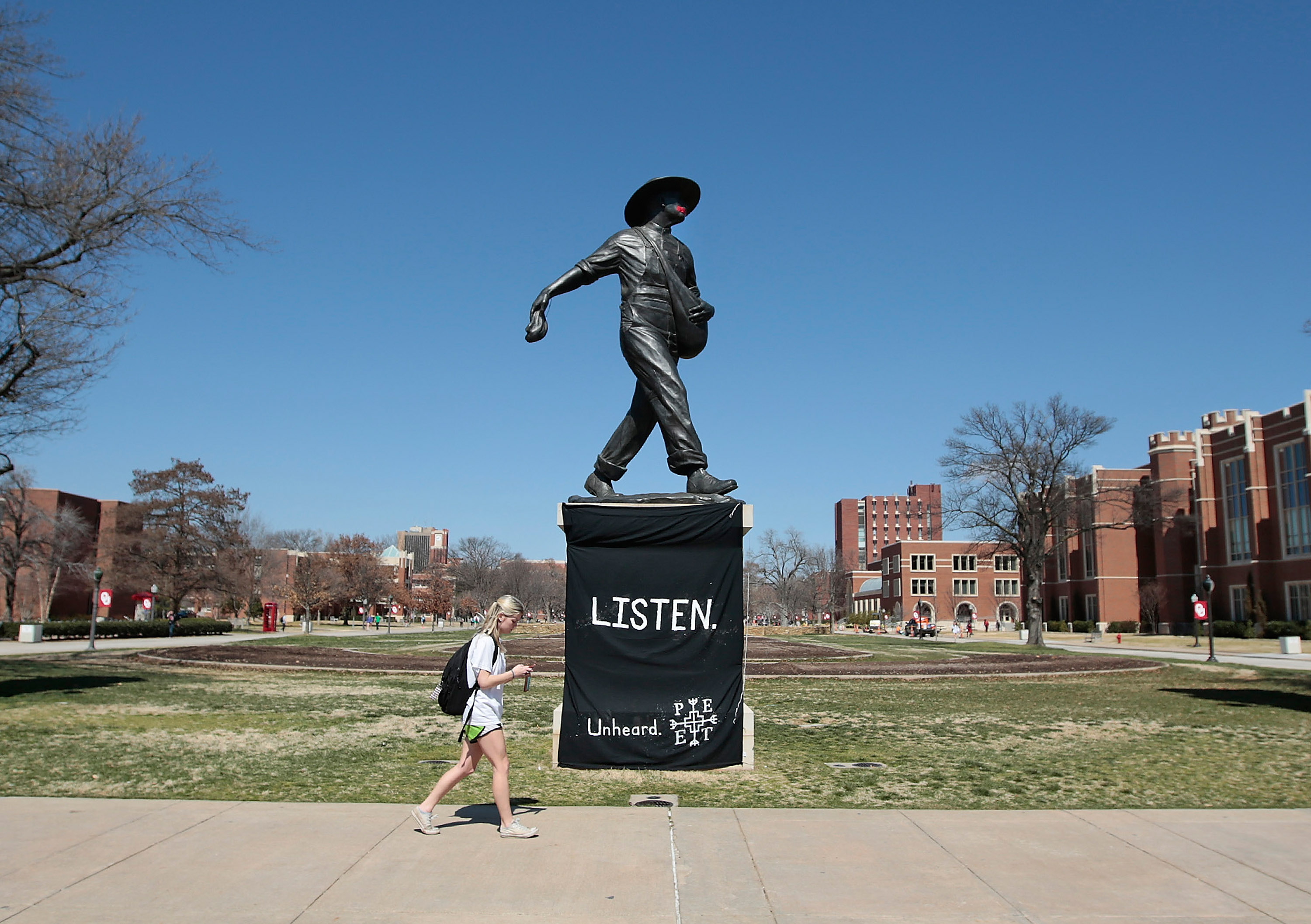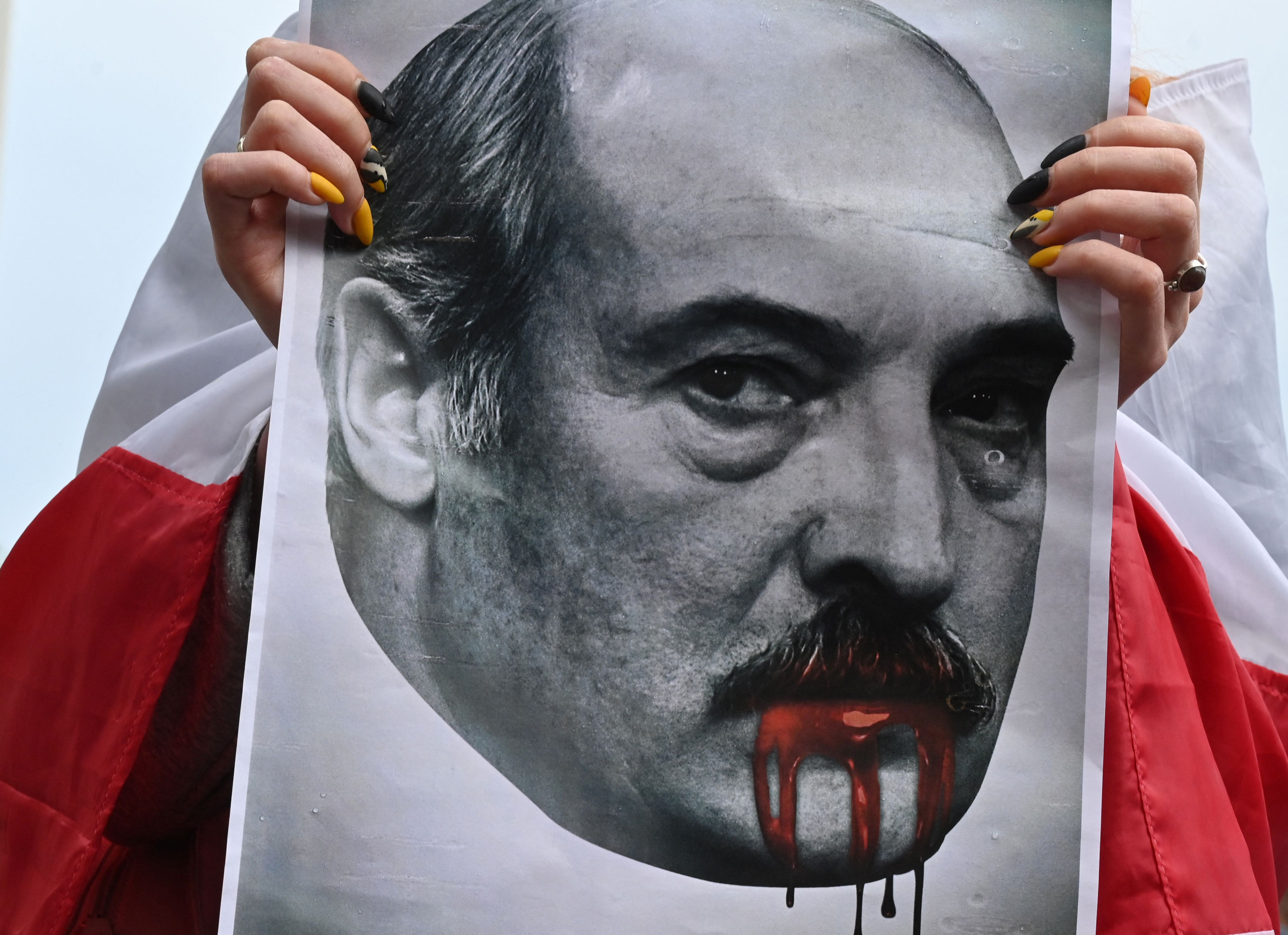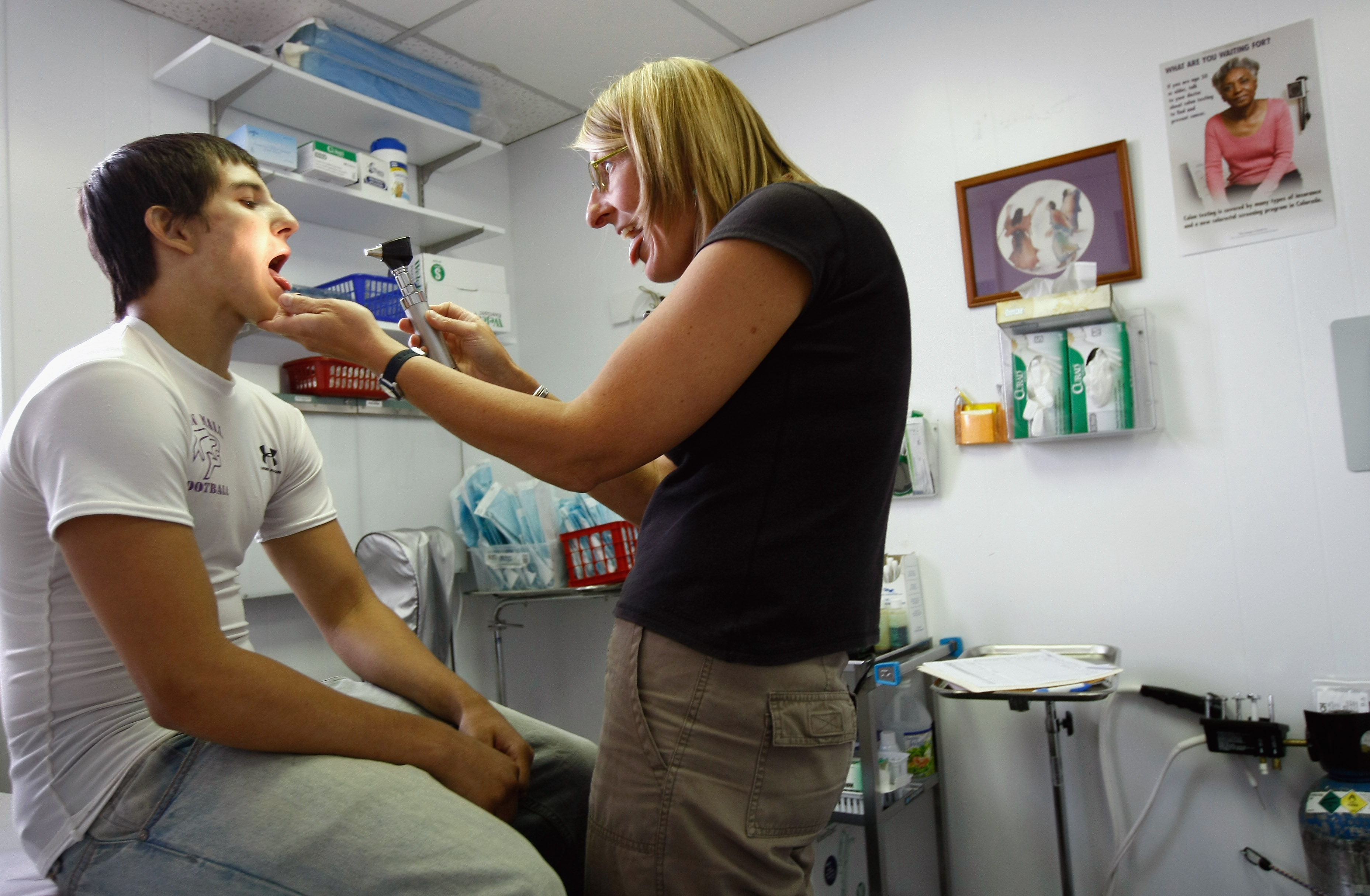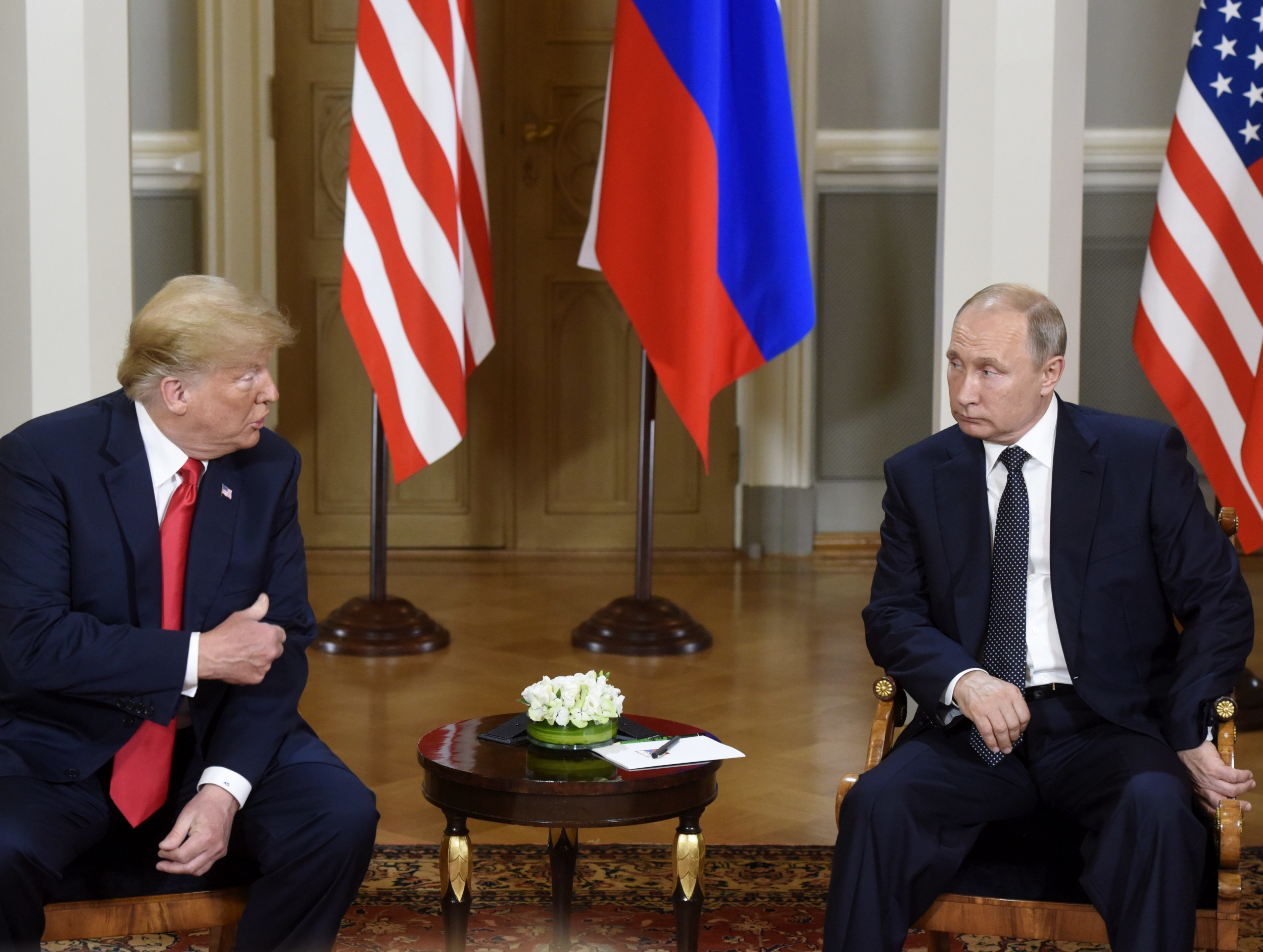Sri Lankans cast ballots in a parliamentary election Thursday, the results of which are crucial for newly elected Marxist-leaning President Anura Kumara Dissanayake, who seeks to secure legislative backing for his economic reform agenda.
With voting closing at 4 p.m. local time, 17 million citizens were eligible to vote, though turnout details remain undisclosed.
Following his September leadership win, President Dissanayake seeks to turn the current 42 percent of seats held by his National People's Power (NPP) party, into an overall majority.
Dissanayake aims for at least 113 seats for his party in the 225-member Parliament, so he can avoid having to rely on coalitions to pass legislation. Dissanayake's success would signify the waning influence of Sri Lanka's established parties, which have shaped the island's politics since independence in 1948.
In contrast, NPP's primary rival, the United People's Power, led by Sajith Premadasa, stands to challenge NPP's rapid rise. Dissanayake urged voters to grant his party a solid mandate for reform as he cast his ballot, emphasizing that strong support is essential for realizing his economic recovery plans.

High Stakes Amidst Economic Struggles
Sri Lanka's political landscape is strained by severe economic turmoil, and the stakes in Thursday's election reflect this.
The country has been navigating its worst financial crisis, which saw a 2022 default on external debt and triggered an International Monetary Fund (IMF) bailout program. Dissanayake initially proposed renegotiating the IMF targets set by his predecessor, Ranil Wickremesinghe, but later stated that Sri Lanka would proceed with the agreement.
The country's economic collapse resulted from multiple factors, including tax cuts in 2019, a decline in foreign reserves, and disrupted tourism and remittances due to the COVID-19 pandemic.
New Generation of Candidates Faces Traditional Rivals
Under Sri Lanka's proportional representation system, 196 out of 225 parliamentary seats are elected, while 29 are filled based on nationwide vote proportions. Nearly 9,000 candidates contested in the election, with many NPP candidates making their political debut.

The NPP, founded in 2019, faces the challenge of fielding fresh candidates against seasoned politicians from traditional parties.
As results are expected on Friday, Dissanayake's promise to hold corrupt officials accountable has fueled public support, especially after widespread dissatisfaction with prior administrations. The president has vowed to recover assets allegedly stolen by previous officials, a stance that resonates with citizens weary of government corruption.
Election Decides the Future Course
With the IMF deal and debt restructuring underway, this election outcome could determine the direction of Dissanayake's policy, especially while he contends with a public disillusioned by austerity measures implemented by the Wickremesinghe administration.
Rising electricity costs and new income taxes imposed to meet IMF conditions led to a backlash, resulting in Wickremesinghe's election loss.
Yet his policies stabilized the economy, strengthened the country's currency, and increased foreign reserves, making the choice before voters one of significant consequence for Sri Lanka's future trajectory.
This article includes reporting from The Associated Press




















 English (US) ·
English (US) ·